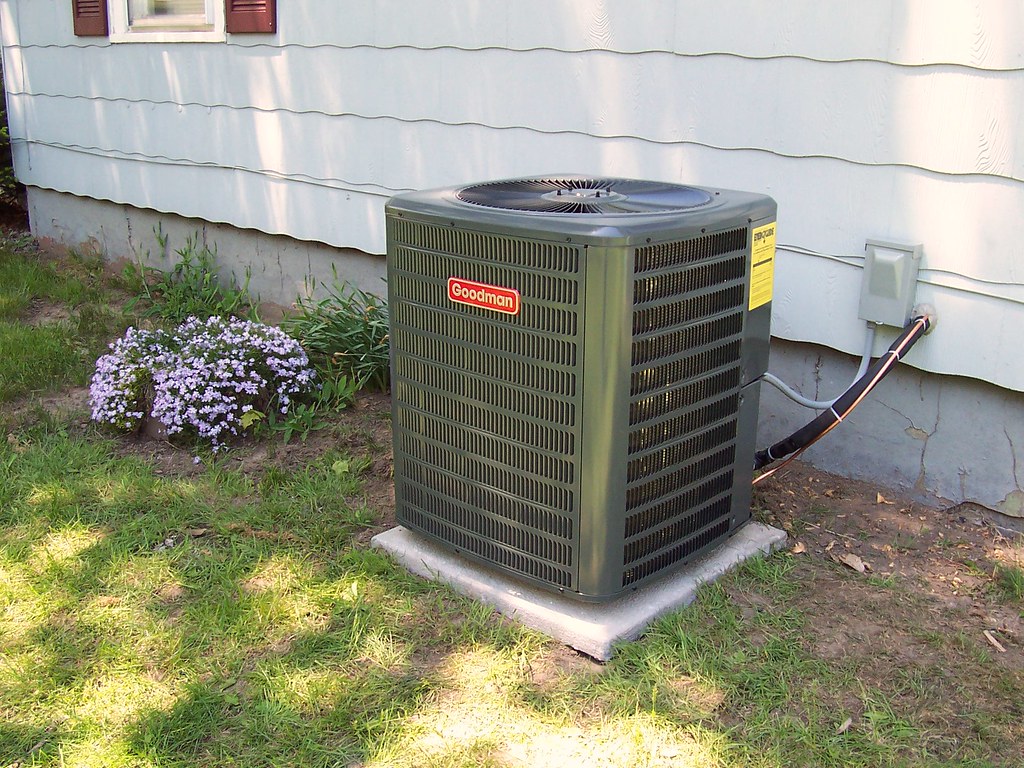
If you are planning to buy an air conditioner, then you need to be aware of the technical aspects of the system. Before you choose the brand of the air conditioner, compare the different air conditioners on the basis of the criteria mentioned below:
Buying An Air Conditioner: Prepare Beforehand
Once you are determined and ready with your budget to buy an air conditioner, understand what is a priority for you in terms of your household needs and lifestyle.
Check Out the Dimensions Of the Room
One of the obvious factors that you must have already thought of is the location of the air conditioner. Generally, it may be the bedroom, drawing room or the study room. Wherever you plan to install the air conditioner, remember to carefully analyze the measurements of the room.
Depending on the area of your room, you can decide the air conditioner that you wish to buy. For rooms of the small area, a small or medium-size air conditioner would suffice the need, but if the room is too large then a small air conditioner won’t be able to provide the required cooling or it may take longer than usual to cool the bigger rooms. For example, if the area to be cooled is nearly 250 to 300 square feet, then an air conditioner of capacity 7,000 BTU per hour is needed. You can ask the dealer and even check out the energy capacity of the air conditioner on your own (mentioned in manuals/handbooks).
Do not fall under the wrong assumption that bigger the air conditioner in size, the better its performance. An air conditioner of higher energy specification will consume more electrical energy and the components may wear off faster. Instead, match the dimensions of the room and the energy requirement.
Besides this, also ponder over the points:
- Number of windows that are in the room
- Number of people staying in the room
- Height of the ceiling
- Other possible openings that you may have in the room, like ventilators
- Position of the air conditioner
Decide the Exact Place to Install the Air Conditioner
Now, you must have a rough idea of the room and the air conditioner capacity. Start zeroing in on the spot, where you will install the air conditioner. Normally and as a general rule, air conditioners are installed on windows of the rooms. Measure the exact size of the window. Choose a window that helps the air conditioner to face the side of your bed or close to your bed. If it is not possible to decide a perfect position for your air conditioner, then you can try changing the position of your beds, tables and make adjustments. Carry the dimensions of your window while going shopping for an air conditioner.
Power Supply Socket
You must be aware that an air conditioner will require an electrical unit that supports its working and can bear the electrical load of the huge alternating current that electrical systems like air conditioners draw. It’s imperative that the plug unit in your wall is capable of handling the operations of the air conditioner. If not, then ask your local electrician to install a plug and socket unit that will work for a higher voltage rating like a 230 volt AC circuit.
Technical Specifications
Though it’s not at all needed to dive into the plethora of engineering aspects of the construction of the air conditioner, it is not a bad idea to be aware of some technical terms that you can check out, when you go for the buy.
Check out the BTU rating of the air conditioner. It is an internationally accepted unit of energy. When talking about air conditioners, you can say that BTU measures the amount of heat an air conditioner can remove from the room.
The size, weight, and cost all the three increase with the increase in the BTU ratings of the air conditioner. The room air conditioners have BTU ratings somewhere between 5000 to 24000 BTU. Always check the compatibility of the room size and the BTU rating else you won’t be able to get maximized performance from your air conditioner.
Another factor that you may want to know is the EER rating of the air conditioner. EER rating is the energy efficiency ratio of the air conditioner, which is calculated by dividing the BTU value with the number of Watts of the air conditioner.
The higher an EER value, the better the air conditioner is. EER value generally ranges between 8 to 11.5 and if you live in a very hot place, then an air conditioner with EER value above 10 would be good. However, the higher the EER value, the more expensive the air conditioner. Besides these, check out the thermostat, filters, fan and chassis of the air conditioner, so that you can be sure that the air conditioner will work efficiently and provide you with good service.
Some Other Tips for Buying an Air Conditioner
There are a few other factors that can help you in choosing your air conditioner. The weight of the air conditioner is one such factor. Normally, an air conditioner weighs about 100 pounds, so take some help for installation. For the installation purpose, the companies help you with experts, so that your air conditioner can be properly installed.Do not attempt to install it yourself.
Once the air conditioner is installed follow the air conditioner maintenance tips on an occasional basis. It will improve the life of your air conditioner and its performance.


